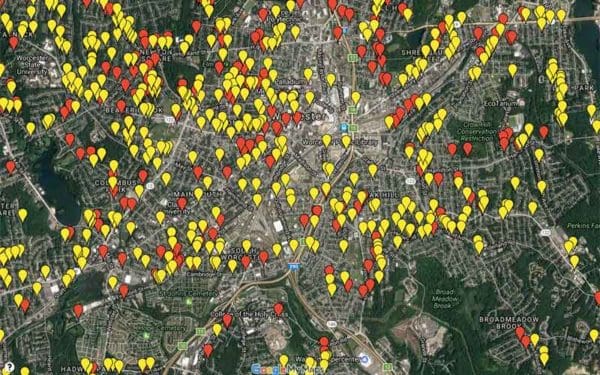Housing Can Remedy Public Health Disparities
As the first project funded by CLF’s Healthy Neighborhoods Fund, Chelsea Flats showcases inclusive and sustainable development.
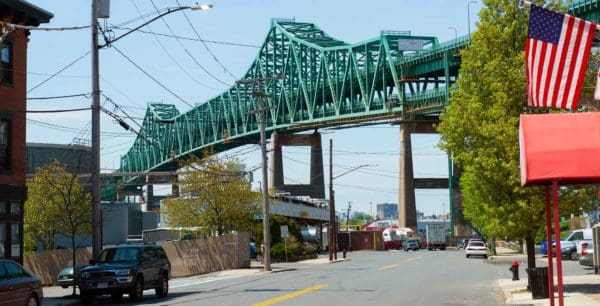
As the first project funded by CLF’s Healthy Neighborhoods Fund, Chelsea Flats showcases inclusive and sustainable development.

“Without strong action now, the climate crisis will devastate our communities, amplify injustice, and destroy ecosystems essential to human survival,” said CLF President Bradley Campbell. “President Biden is ushering in a new era for climate and environmental justice by prioritizing the needs of communities that have long borne the brunt of pollution and poor health. Conserving 30 percent of our lands and ocean will also allow thriving ecosystems to protect human and natural communities from climate changes already on the way. Today’s announcements are a welcome break from four years of all-out assaults on our environment.”
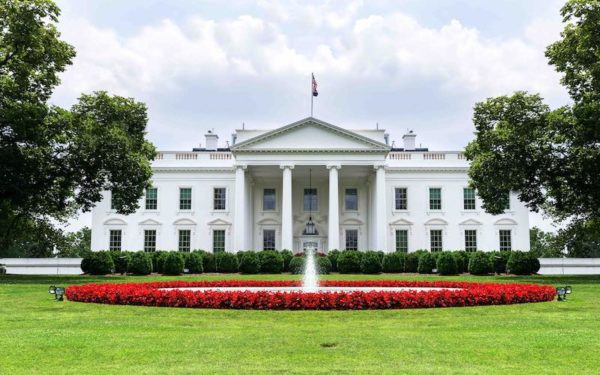
Advocates cheered when President Biden reinstated the Obama-era flood protection standard among his first acts in office. The Biden administration is sending a clear signal that building according to climate patterns of the past is no longer acceptable – we must acknowledge and address increasingly frequent and extreme flooding caused by climate change. Reinstating the federal standard is a critical first step for increasing our national infrastructure’s climate resilience – one that signals the urgent need for action here at home.
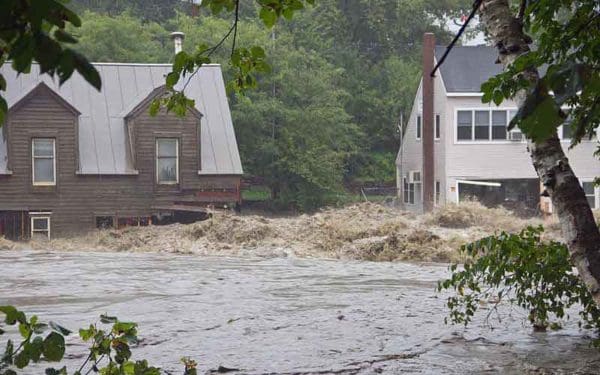
“Ash is blowing around, it’s definitely getting wet and going into the marsh and it’s definitely getting into people’s lungs,” said Kirstie Pecci, Zero Waste Project director at the Conservation Law Foundation, which has been working with residents to stop the landfill expanding.
“It simply makes sense to wait until the permit appeals process is finished before allowing this landfill to accept more waste,” said Heidi Trimarco, Staff Attorney for CLF New Hampshire. “This final proposed stage of the Bethlehem landfill is not needed, and it undermines both the state’s waste reduction goal and requirements for reducing landfilling. It’s time we stop relying on endless landfill expansions and start protecting communities by recycling, composting, and reducing waste at the source.”
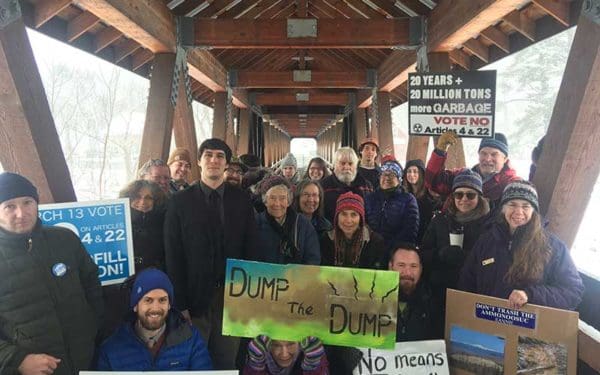
Massachusetts legislators overwhelmingly passed critical climate and justice legislation. But Governor Baker vetoed the bill – choosing not only to ignore sound science, but also to let decades of racist policy targeting low-income, Black, and Brown communities go unchallenged.
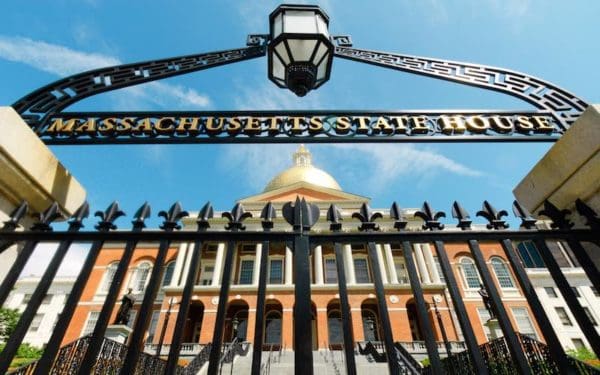
Last week, we witnessed a violent display of white supremacy at the U.S. Capitol – a calculated threat to our democracy incited by our sitting president and his unrepentant allies. As an organization dedicated to the rule of law, we at CLF are demanding the thorough investigation, prosecution, and punishment of all of those connected to it – from the inciter-in-chief to those acting at his urging.
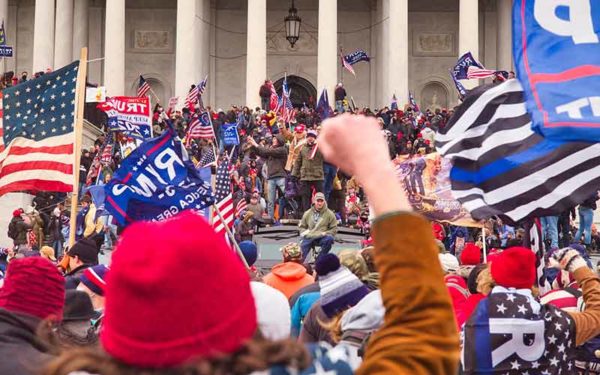
“For years, state energy officials have unlawfully shut out Spanish-speaking East Boston and Chelsea residents from decisions that will impact their communities for generations,” said Amy Laura Cahn, Interim Director of the Healthy Communities and Environmental Justice program at CLF. “We rely on the EPA to enforce civil rights laws, which guarantee residents a say in what happens in their communities. Without action by the agency, the community has no chance to right this egregious wrong.”
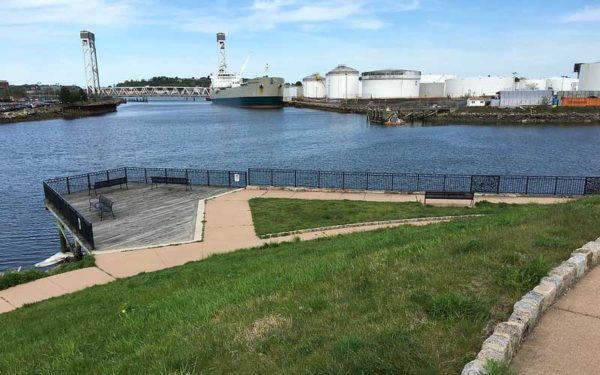
You can’t protect the environment without helping the community. This idea is the backbone for Alternatives for Community & Environment (ACE), one of the community-based recipients of funds from CLF’s successful lawsuit against Boston’s school bus operator, which was violating clean air laws.
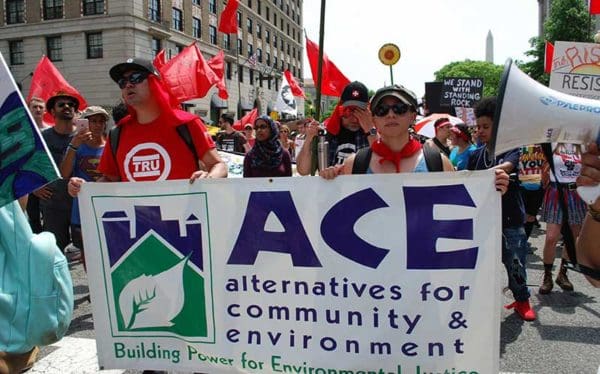
HEET is using funds received from CLF’s settlement with Boston’s school bus operator to support its work to cut carbon emissions.
